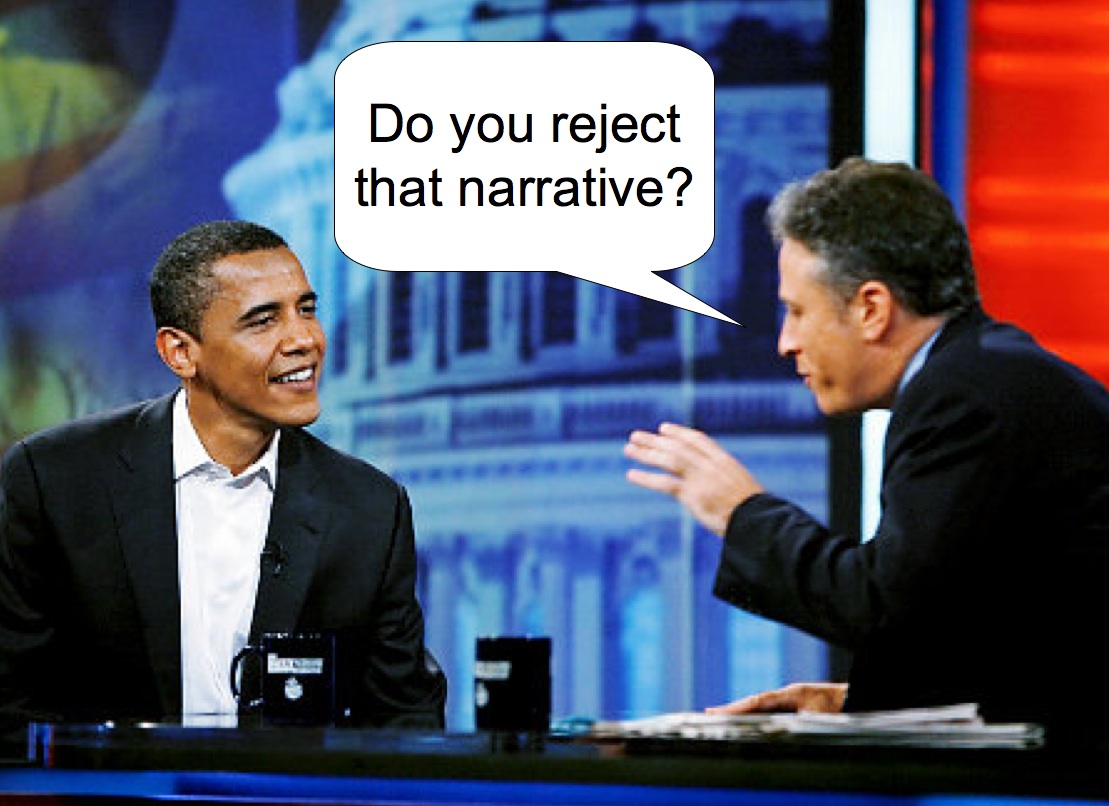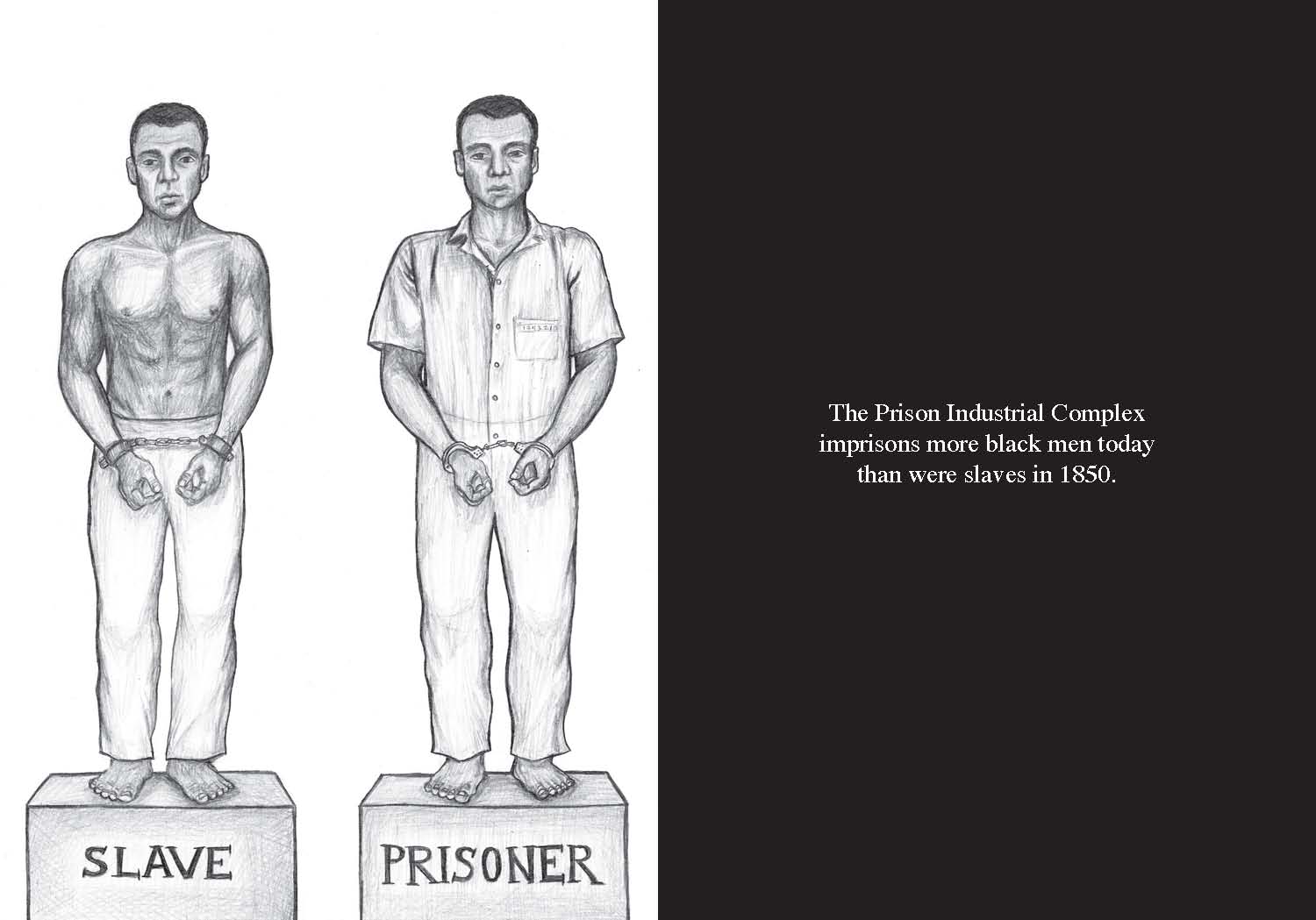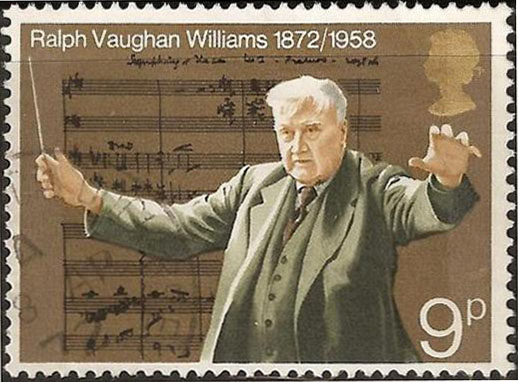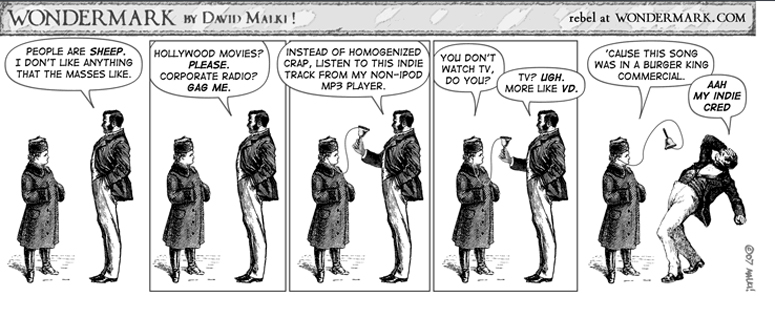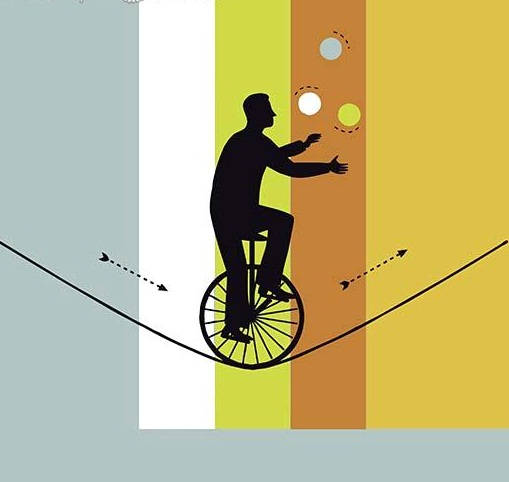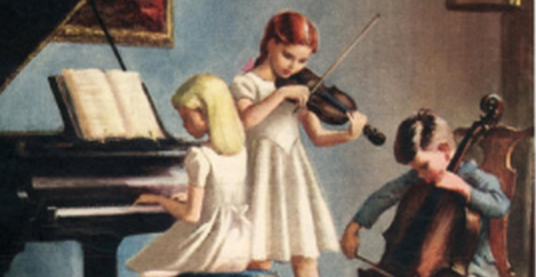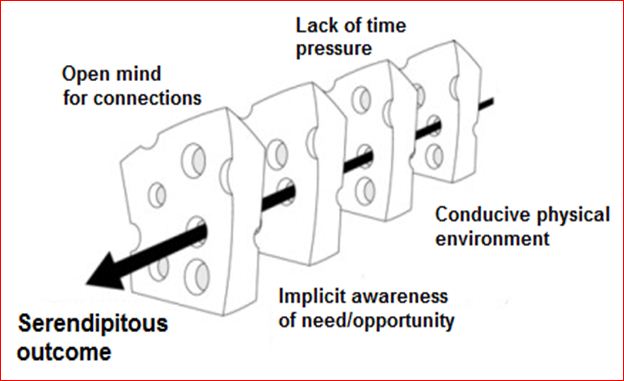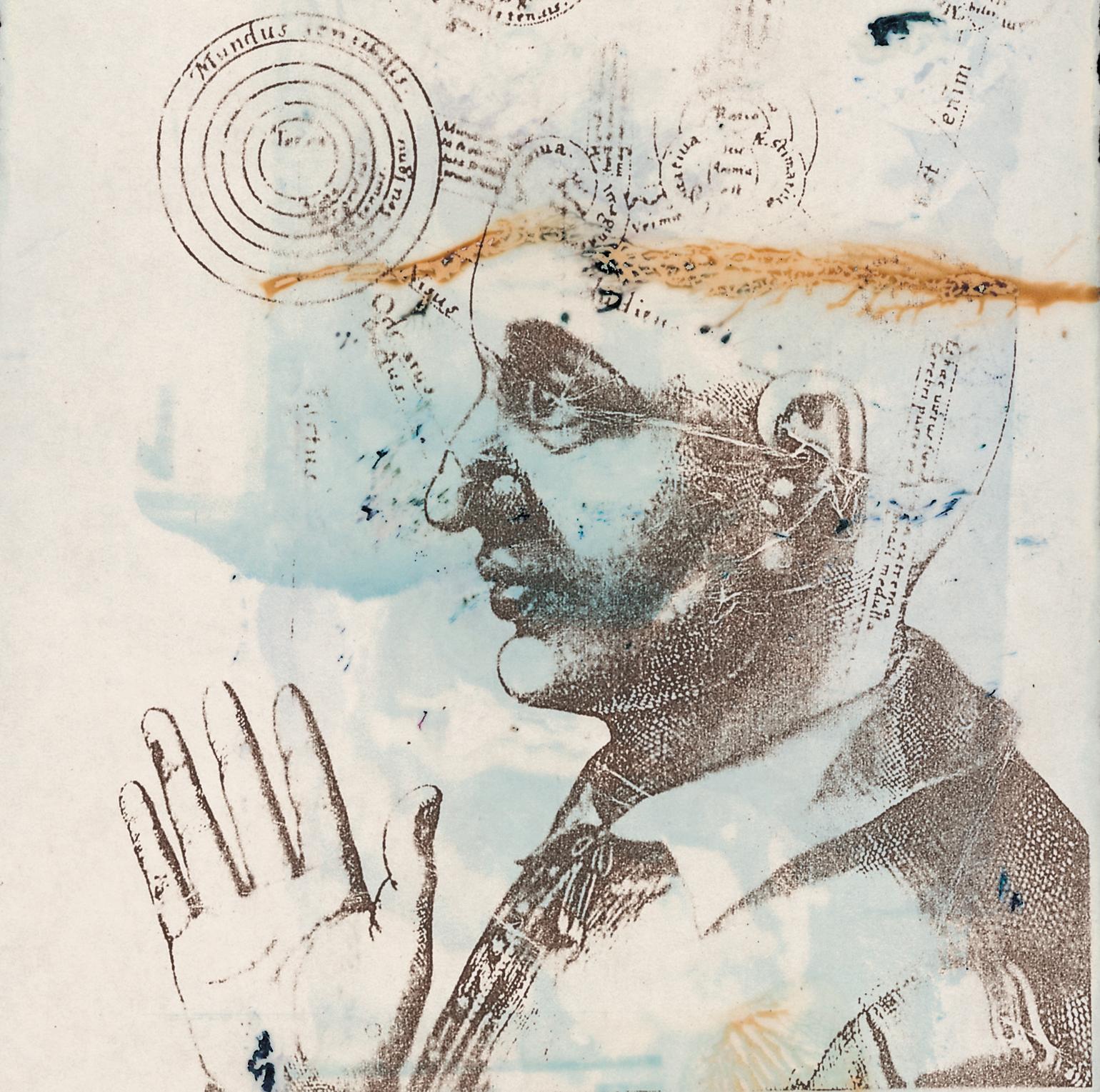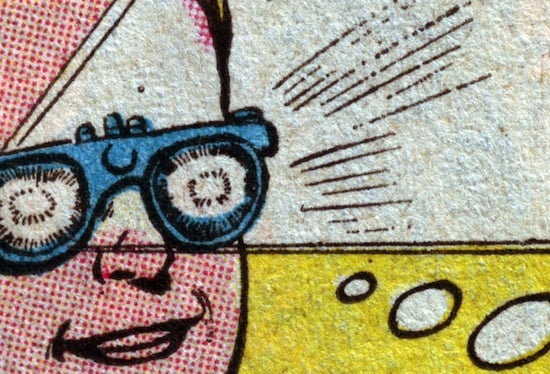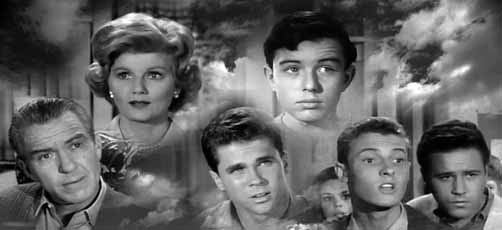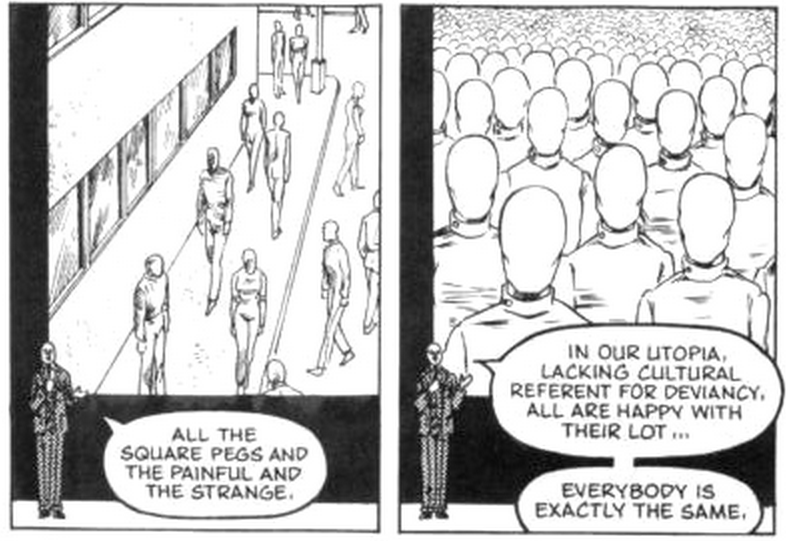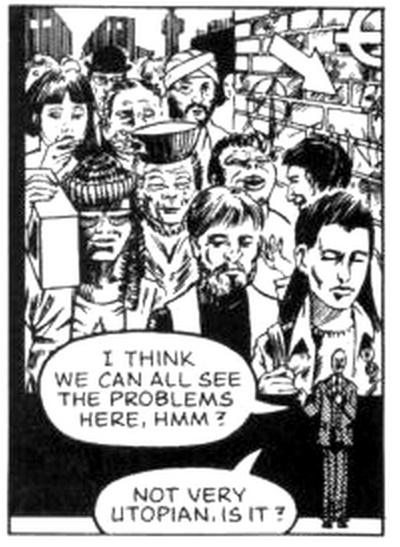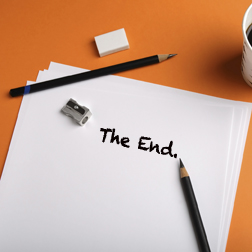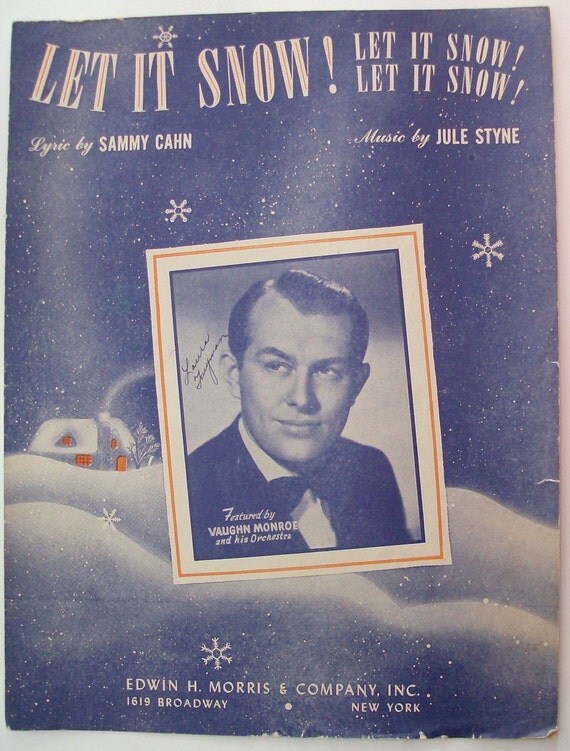
I spent the morning yesterday using Eileen’s snow blower to clear our drive. She joined me after a while. We had another significant snowfall. Many local events were canceled. Today is my church’s annual meeting. The annual meeting is an important event in the life of a church. My boss sent out an email saying that we would have both church as usual and our planned annual meeting. She is planning another update the following Sunday for those who are unable to make today’s meeting.
I drove to the church yesterday afternoon to practice organ. The parking lot was full of snow so I parked on the street. While I was practicing the church snow plower came and cleared the lot. Streets between here and the church were covered with snow whether they had been plowed or not.

Last night I decided to improvise veggie burgers using left over kichadi. Kichadi is a favorite dish of Eileen’s and mine consisting of rice, dried split peas and spices. Using this pilaf, I added egg whites and a bit of shredded cheese and browned up some patties. It was good.
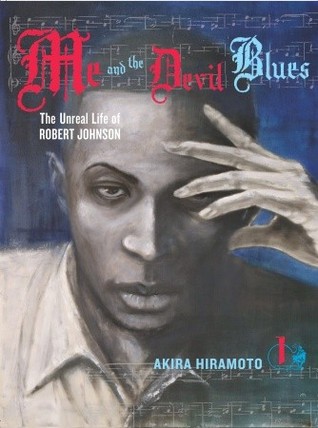
I finished reading the graphic novel, Me and the Devil Blues: the Unreal Life of Robert Johnson by Akira Hiramoto. Although it doesn’t indicate this on the cover very obviously (which is the back since it’s one of those manga type books you read from right to left), it is the first of more than one volume.
I don’t think I will read the next volume. I almost quit reading this one when the author decided to give Robert Johnson an extra five fingers on his left hand.

I found this annoying on several levels. One of which is that I have learned Johnson’s guitar licks and they are perfectly human and can be done with five fingers on the left hand.

I am disappointed because I admire Johnson’s recordings and thought a creative speculative treatment of his life might be fun.
Not this one.
1. When ‘Long-Form’ Is Bad Form – NYTimes.com
Just because a piece is long doesn’t make it a good one I guess.
2.The Penance of Glenn Beck – NYTimes.com
The list of the “Average number of correct answers to five questions about domestic affairs” found in news sources including NPR, MSNBC and Fox is startling and disheartening. Nobody got more than 2.
3. On Children’s Website, N.S.A. Puts a Furry, Smiley Face on Its Mission – NYTimes.com
Have to agree with the libertarian assessment mentioned that this looks like propaganda.
4. The Tungara Frog’s Mating Call Attracts Predators | Science | Smithsonian
Great pictures as well as a fun little article.
5. Kiev Truce Falls Apart, and Unrest Resurges – NYTimes.com
Ukraine coming apart at the seams.
6. Writer Tells Africa What He Couldn’t Tell ‘Mum’ – NYTimes.com
Wainaina identifies homophobia as a Victorian export of colonialists.
7. Perverse Primaries – NYTimes.com
Never heard of the “sore loser” laws.
44 states have “sore loser” laws of one form or another. These laws effectively block a candidate who fails to win a party primary from appearing on the general election ballot, as either an independent or as the nominee of another party.
8. A French Clown’s Hateful Gesture – NYTimes.com
I keep reading about the gesture, but this article made it the clearest to me just what it is.
the “quenelle” (literally, a dumpling, a French version of gefilte fish). The move consists of the right arm pointed straight down, which the left hand keeps from lifting — very like the repressed Nazi salute of Peter Sellers in “Dr. Strangelove.”
9. We’ve Got Your Number – NYTimes.com
Linda Greenhouse analyzes the history of understanding privacy and tech in court decisions. She is excellent.
10. Greetings, From Around the World – NYTimes.com
Letters to the editor about the literal meaning of greetings around the world.
11. It Takes a Generation – NYTimes.com
This article by David Brooks about “expanding opportunity for underprivileged children” neglects to mention “The New Jim Crow.” Good grief.
12. Village Council in India Accused of Ordering Rape – NYTimes.com
Unthinkable. Madness.
13. Mars Rover Marks an Unexpected Anniversary With a Mysterious Discovery – NYTime
Hey. Where did that rock come from?
14. Modern Family Matters – NYTimes.com
At least Kristof mentioned the “New Jim Crow” if not by name in his discussion of single parent families.
15. A Plan to Make Voting Easier – NYTimes.com
I understand the partisan problems with making voting easier, I just don’t approve of them. Voting should be easy.

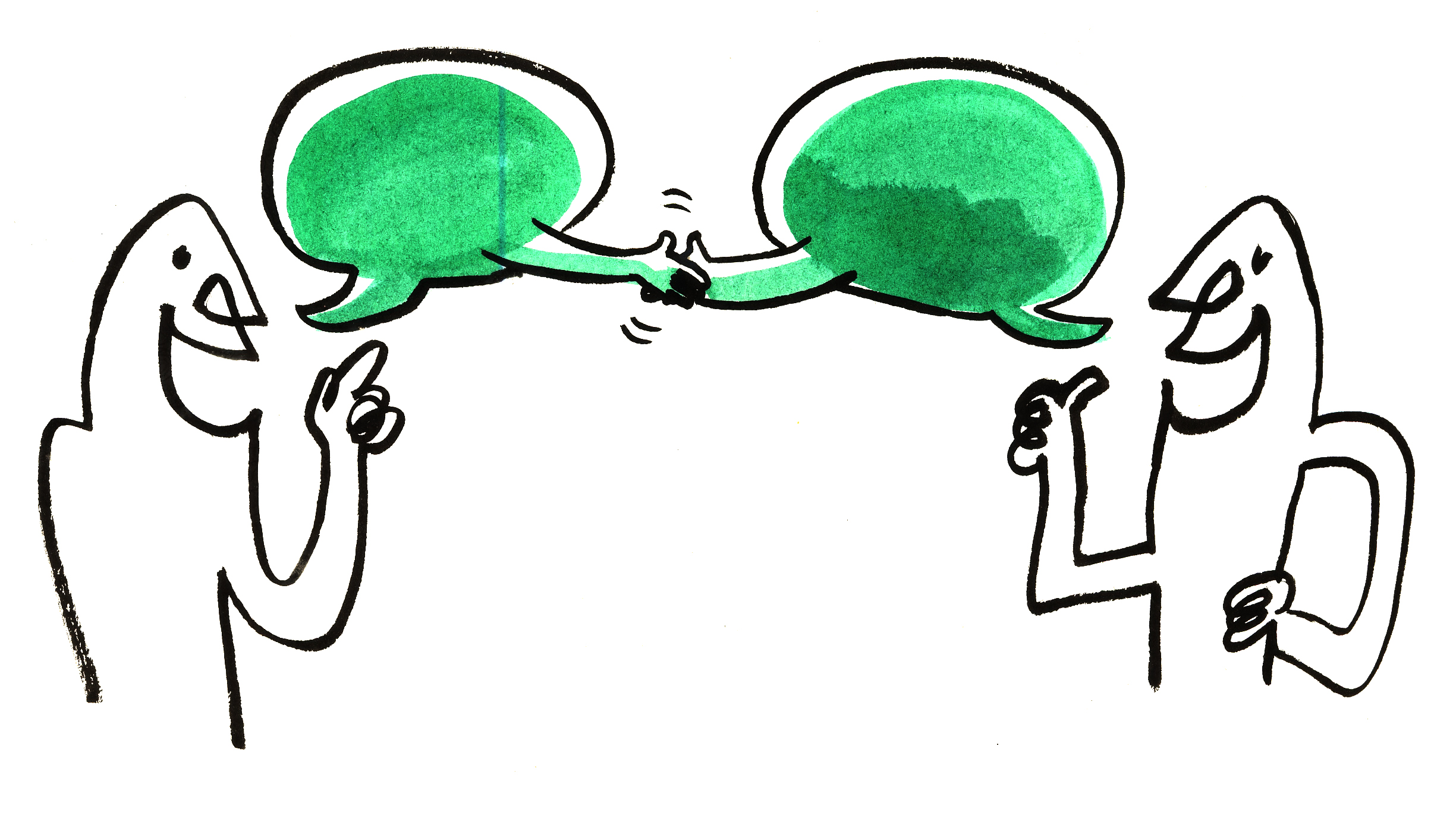










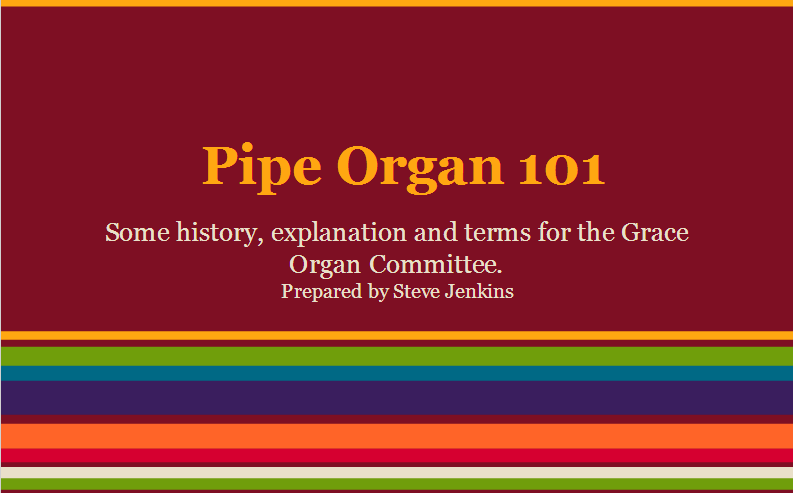
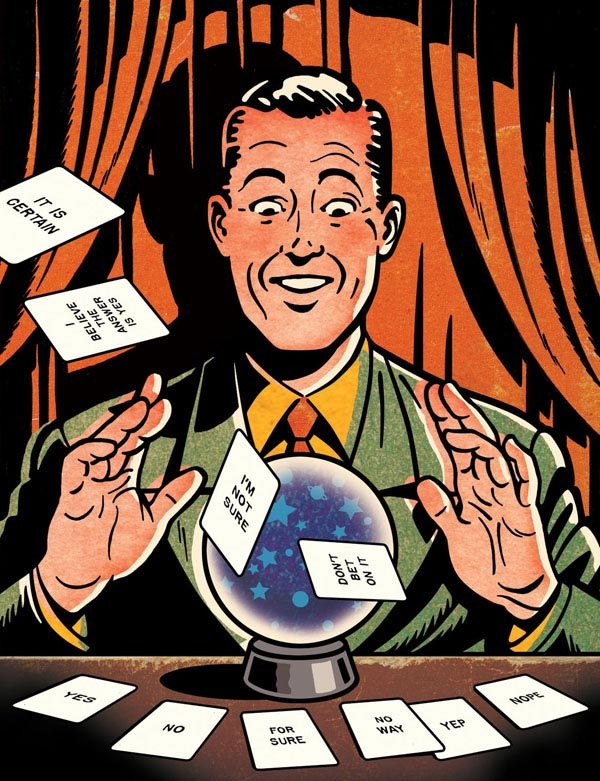



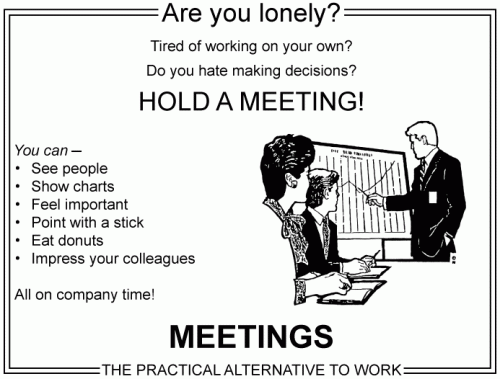













.jpg)

